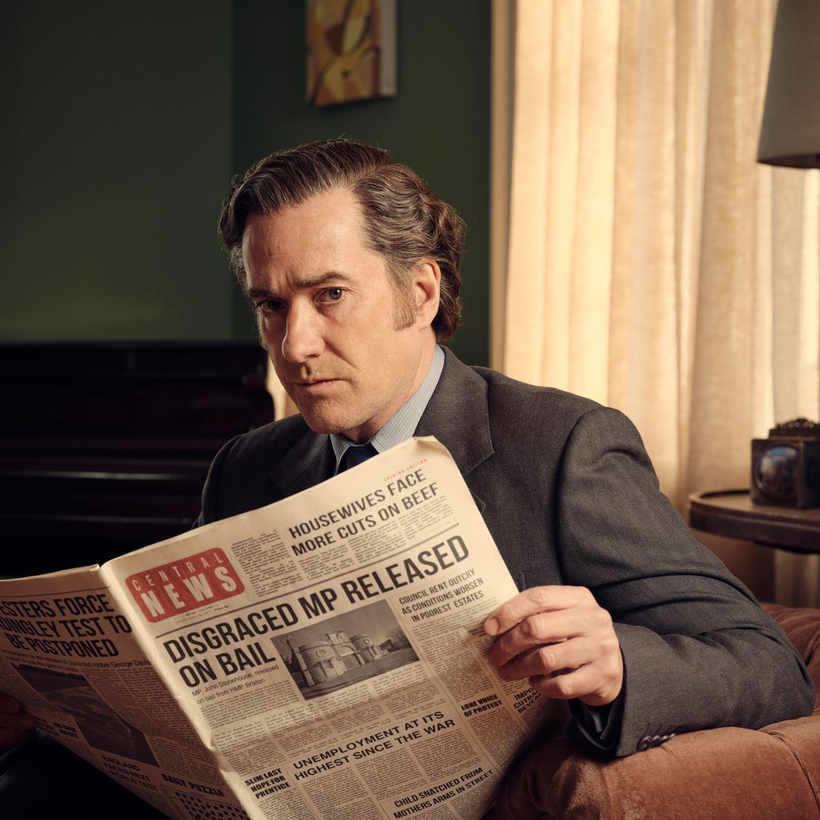They don’t make them like John Stonehouse anymore — a high-flying politician, handsome, forceful-chinned and utterly crazy. In 1988 he died, aged 62, of a heart attack. But he had also apparently drowned in 1974 while swimming off the coast of Miami. He left a pile of clothes on the beach, then moved to Australia, using a fake passport and calling himself Clive Mildoon.
Australian police arrested him thinking he was Lord Lucan, another strong-chinned English nutter on the run, who was suspected of murdering his nanny with a lead pipe wrapped in bandages. Clear so far?

